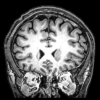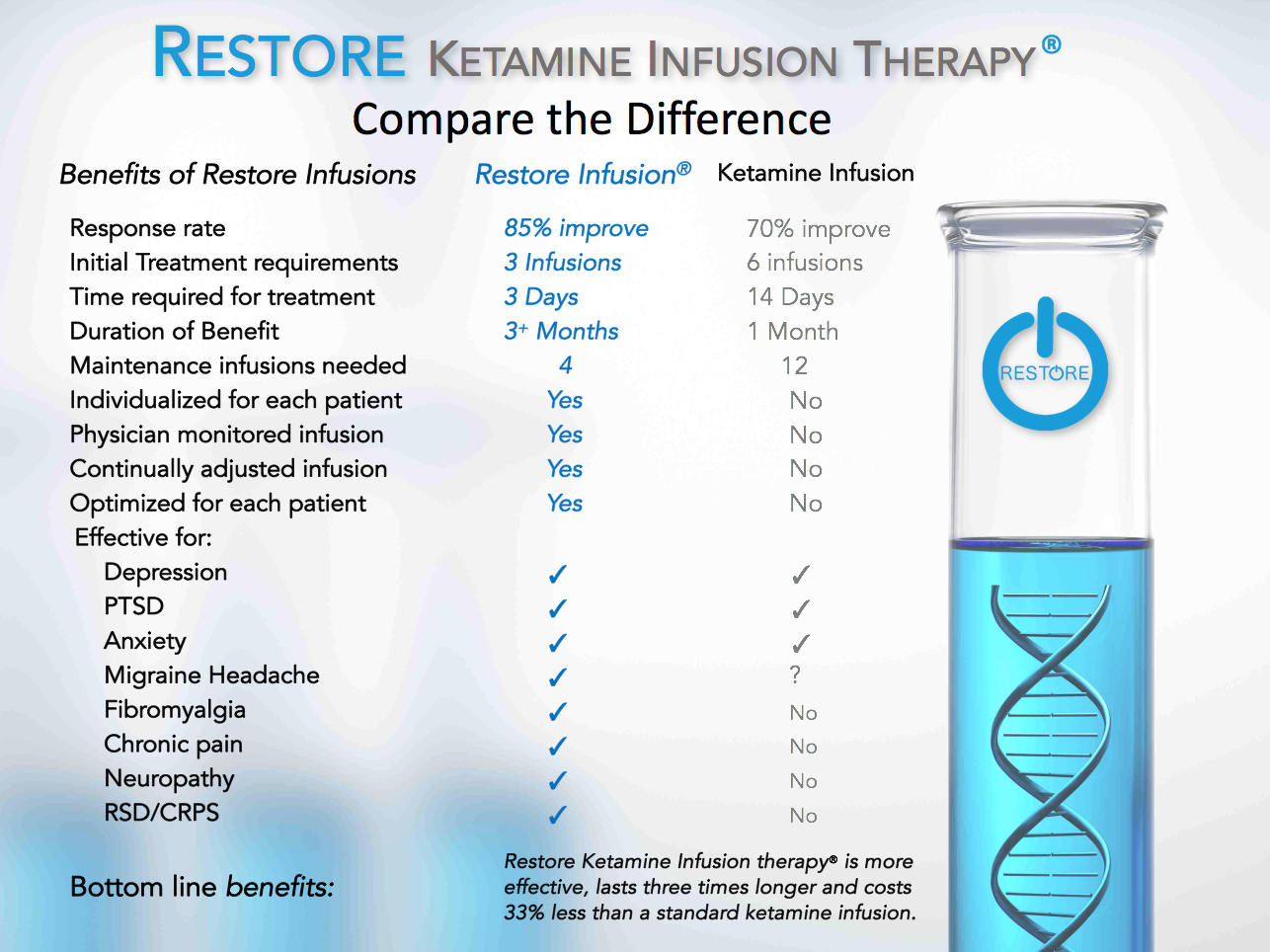Because if he actually got DEPRESSED from NMDA-antagonism...! Then he could very well suffer from some kind of inborn DP/DR-condition, or some kind of MILD SCHIZOPHRENIA - something like SIMPLE Schizophrenia - this would explain a lot about the op...
Not sure what to think about simple Schizophrenia. Last case study I read about it ended that the patient was put on antipsychotics with only modest improvement and was re-trained to to a simple manual labour job since any real improvement was not to be expected during his lifetime.
Prognosis is poor. It is also a questionable diagnosis since it is defined as schizophrenia without psychosis or any delusions that is a psychosis without symptoms of psychosis.
Basically it is Schizophrenia with only negative symptoms but Antipsychotics mostly work on positive symptoms I believe. How do you want to treat it then?
I think this diagnosis is mostly given in Europe not in the US.
I think a diagnosis should empower the patient. Unless there is really no other explanation for the symptoms I would avoid any diagnosis of that type. Long term intake of antipsychotics is also not healthy for the brain and can cause permanent brain damage.
Does not sound lke a road to health and wellness IMO.
Well, what would you suggest he does then? Other than quitting a ketogenic diet and then keep away from NMDA-antagonists - and still, he hasn't said ANYthing yet, on if he actually believes his diet causes his depression, but, if he actually does, then that could be an immediate relief, I'll give you that.
I personally am of the opinion that ANY diagnosis is useful for a patient - because it gives the possibility of personal discovery and insight into ones life and what ones existence truly is. FOR instance... Everything you said about Simple Schiz can also be said about Autism - prognosis is poor and there are no specific drugs which help the core problems of the disease.
Yet, there are many whom cherish their diagnosis of Autism, since it finally puts their life into perspective, and it allows SOCIETY and their FAMILY and FRIENDS to understand them better, and how to interact with their diseased love-one.
I myself have a diagnosis which is tricky to treat... But I don't regret even for a SECOND that I got it! With it, I can understand myself, I can see where my weaknesses are, I can get various forms of help, to improve my life. Even small improvements are improvements.
And now... with all that said, here are the agents which I would try, to treat Simple Schizophrenia:
Aripiprazole
BREXpiprazole
(the two above are interesting, as they have very distinct and different properties than traditional 2nd gen antipsyches - they are more SDAM's, 3rd gen antipsyches)
Ondansetron (or some other 5ht3-antagonist)
Ondansetron in perticular is interesting, since it's been fairly recently discovered that 5ht3-antagonists are immensely selective CHOLINERGIC Psychosis -stoppers - i.e they work antipsychotically, but only on the sort of psychosis which Parkinsons-patients get - on Schizo's the results are different... it actually primarily appears to treat the NEGATIVE symptoms! : D It's currently in trials for such, and the off-label prescribing has already begun, as a way of treating extra-pyramidal side-effects from antipsyhotics, and for the improvement of negative symptoms.
There are some other agents as well, which could prove useful, especially since a Simple Schizo is less likely to go psychotic:
Reboxetine (has showed some effect on negative symptoms)
Modafinil (see above)
Since the negative symptoms of Schiz are in some ways similar to some of the symptoms of attention-disorders or wakefulness-disorders, or arousal-disorders, then it's logical that some form of stimulating compound could relieves some of the symptoms.
And in closing... the ultimate drug... highly experimental and potentially dangerous, but also perfection itself... DIHEXA!
The more recent genetic, metabolic and neuro-imaging data suggests that the core mechanism behind Schizophrenia is overly aggressive synaptic pruning - so aggressive that it ultimately causes white-matter loss and a form of dementia.
Dihexa causes a million-fold stronger synaptic growth - hit the right dosage... maybe, just maybe... you'll treat the very core mechanism of the disease. One Bullet. One kill.
Simple Schizophrenia is mostly a disease of lowered cognition - almost everyone which takes Dihexa reports enhancement of cognition.
Give it some thought friend... and then reconsider the idea that there can be no treatment for this patients symptoms in his lifetime.































































